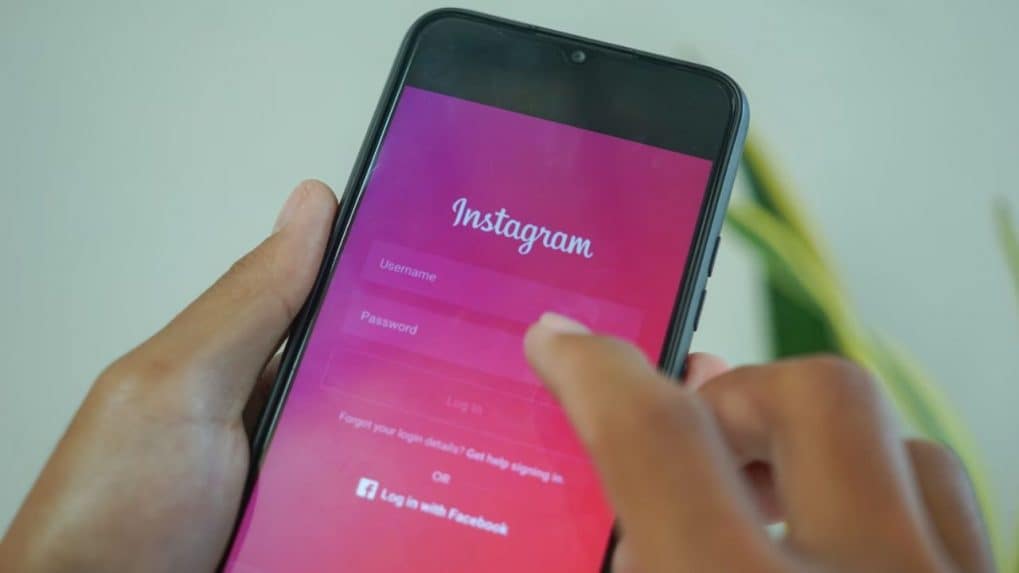Advertising
From Pink Slips to Silent Sidelining: Inside adland’s layoff and anxiety crisis

Instagram’s latest update, a “Map” tool that lets users share their last active location, has ignited a swift backlash, with critics warning it could put user safety at risk.
Launched on Wednesday, the feature mirrors Snapchat’s Snap Map and is designed to help friends “stay up-to-date” by showing where they were last active. Meta, Instagram’s parent company, says the setting is switched off by default and requires explicit opt-in.
By Thursday, however, social media was filled with posts claiming the opposite. Some users on Threads alleged their locations were visible without warning, even when their phone’s location permissions for Instagram were disabled. Several warned of dangers for vulnerable individuals, including stalking victims and those with restraining orders.
Instagram head Adam Mosseri responded, insisting the criticism stems from confusion. “People assume that, because they can see themselves on the map when they open it, other people can see them too,” Mosseri wrote on Threads. He said location sharing requires “double consent”, opting in and then confirming and added that the company is re-checking the rollout “to make sure nobody shares location without explicitly deciding to do so.”
Still, user claims of the feature being active by default have kept the debate alive. The controversy highlights how location-based tools remain a flashpoint for privacy concerns, particularly for platforms already under scrutiny over data protection. Whether Instagram tweaks the rollout may depend on how quickly it can reassure users that their whereabouts remain private unless they choose otherwise.
From purpose-driven work and narrative-rich brand films to AI-enabled ideas and creator-led collaborations, the awards reflect the full spectrum of modern creativity.
Read MoreLooking ahead to the close of 2025 and into 2026, Sorrell sees technology platforms as the clear winners. He described them as “nation states in their own right”, with market capitalisations that exceed the GDPs of many countries.